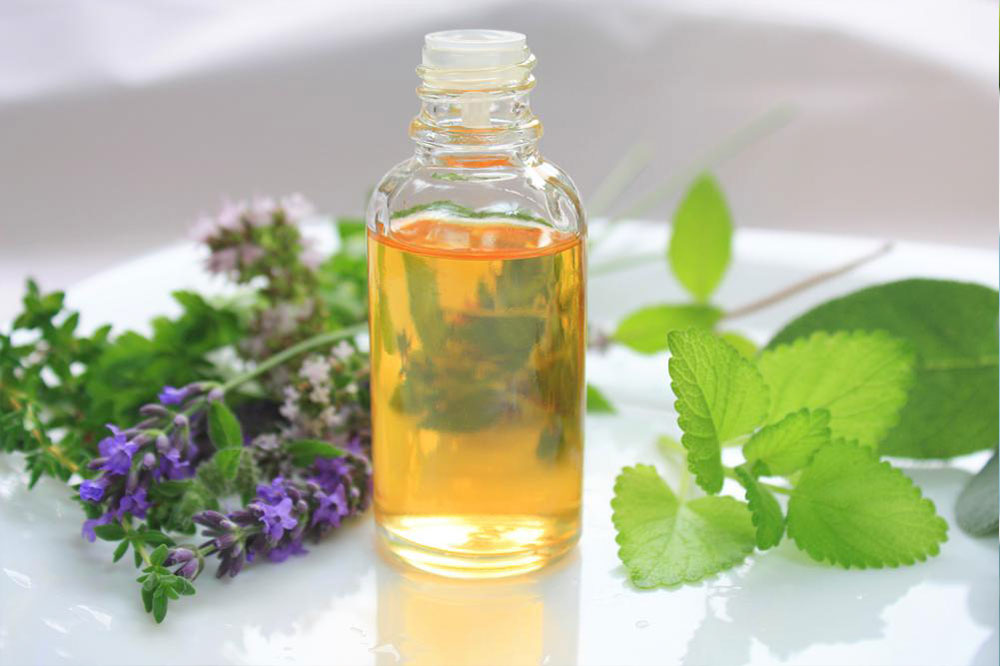
Tips For Using Essential Oils On Your Pets
While medicines are validated by veterinary doctors, essential oils and aromatherapy used for grooming for pets are not. The use of essential oils for our pets is fast catching up. We mostly buy them over the counter without too much thought. Essential oils help rejuvenate our pet’s skin and flush out toxic chemicals, prevent flea, tick infestation, and help them relax. The range of essential oils available for pets is quite extensive. However, before using them, you need to consider many factors.
- Do not ever use these essential oils, beyond the dosage mentioned on the package.
- Do not apply essential oils around the pet’s eyes, nose, or mouth.
- Start with a small application of essential oil on your pet and slowly increase the quantity until your pets get used to it.
- Do not change the fragrance frequently. Stick to one type of oil or one brand, until your pet gets accustomed to it. It is better to wait for a few days and then proceed with any new fragrances.
- Do not use essential oils or aromatherapy on your pets, when they are sick.
- The topical administration of essential oils is recommended rather than giving it to them orally. Oral administration is strictly prohibited for most pets.
- The application of essential oil on pets varies by their size or height. For tall animals like a Labrador, you may have to dilute the oil in water, divide the ratio, and then apply.
- Use a proper comb or dog brush with soft bristles and rub the essential oil on the selected spot, gently stroke the animal’s furry hair, and apply.
If your pet is sensitive and is not reacting to the essential oils well or if there is “essential oil poisoning,” you have to watch out for the following symptoms.
- The constant fragrance of oil in their fur, skin, vomit, and breath
- They could show signs of difficulty in breathing, or stressed breathing
- Drooling after the application of essential oils
- Sudden fatigue
- Mobility issues wherein they are unable to walk normally
If your pet shows any signs of allergies or sensitivity to essential oils, do not delay and seek medical help immediately. Take the oil that you applied to your pet so that the vet can figure out the treatment quickly.
Keep the essential oils out of reach of your pets so that they do not come into accidental contact with them. Many add essential oils to oil and use it while cleaning the floor. You should use pet-friendly floor cleaners to prevent any adverse reactions in your pets.
Some of the essential oils that are not suitable for cats are:
- Wintergreen, Sweet birch, Citrus (d-limonene), Pine, Ylang ylang, Peppermint, Cinnamon, Pennyroyal, Clove, Eucalyptus, Tea tree (melaleuca), Thyme, Oregano, Lavender
Some essential oils that are not suitable for dogs are:
- Cinnamon, Citrus (d-limonene), Pennyroyal, Peppermint, Pine, Sweet birch, Tea tree, (melaleuca), Wintergreen, Ylang ylang, Anise, Clove, Thyme, Juniper, Yarrow, Garlic
- Essential oil products are available in other forms, apart from oils. Today, pet-friendly essential herbs oil are available as capsules, liquids, and even treats. These are mainly used for calming pets when they are stressed due to travel, sound, or sickness.
You should research about essential oils and the ingredients that go into making it, and then buy only those products that will work with your pet. You should probably try a couple of brands over a few weeks and then decide on products that are safe for your pet.


